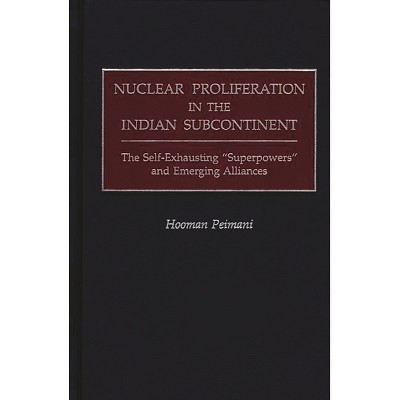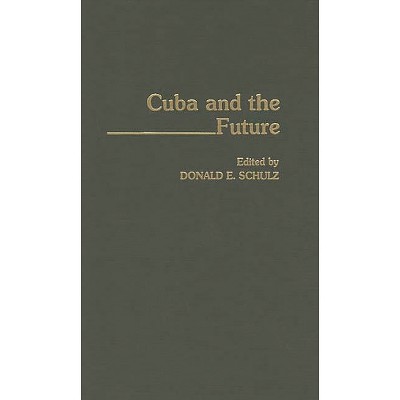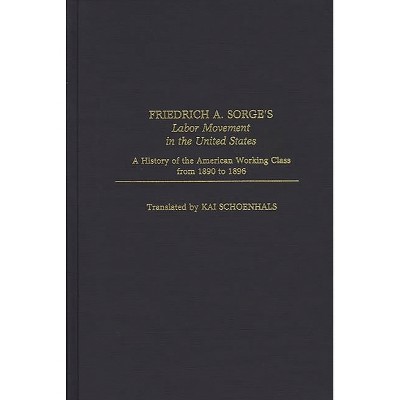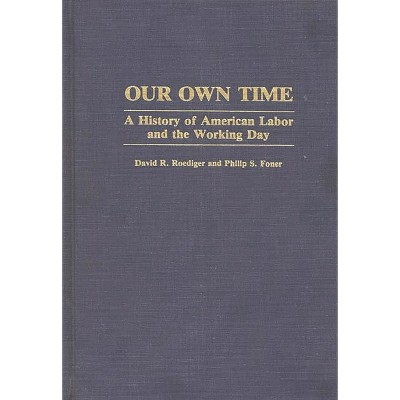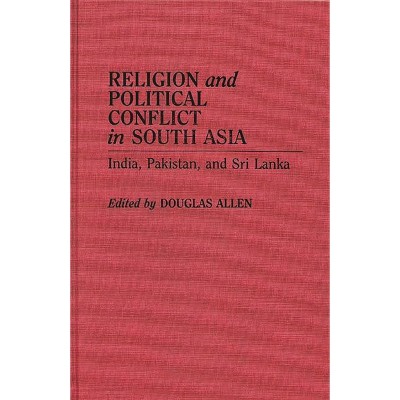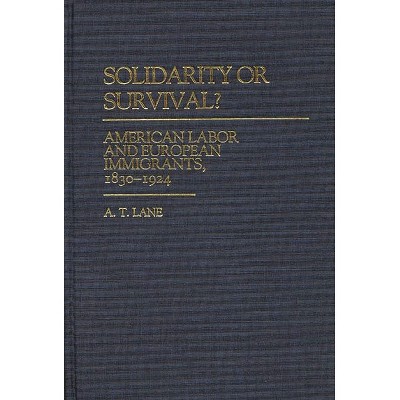Sponsored

Regional Security and the Future of Central Asia - (Contributions in Labor Studies; 52) by Hooman Peimani (Hardcover)
In Stock
Sponsored
About this item
Highlights
- The breakup of the USSR created a Central Asian security complex or sphere of influence consisting of Kazakhstan, Kyrgyzstan, Tajikistan, Turkmenistan, and Uzbekistan.
- About the Author: HOOMAN PEIMANI works as an independent consultant with international agencies in Geneva, Switzerland, and does research in International Relations.
- 168 Pages
- History, Asia
- Series Name: Contributions in Labor Studies; 52
Description
About the Book
The breakup of the USSR created a Central Asian security complex or sphere of influence consisting of Kazakhstan, Kyrgyzstan, Tajikistan, Turkmenistan, and Uzbekistan. Since the disintegration of the Soviet Union, this security complex has tended to distance itself from a Russian-centered approach to foreign relations, has rejected involvement with a Turkey-oriented sphere of influence, and has shifted toward an Iran-oriented security complex. A major reason for these developments has been the activities of the three rival powers--Iran, Turkey, and Russia.
As Peimani explains, these states have strong long-term interests in the region; earlier rivalries, which were dormant under Soviet rule, have reawakened since the breakup of the USSR. While Russia attempts to reincorporate Central Asia into its security complex, Iran and Turkey seek to include it in their spheres of influence. The rivalry among these states will largely determine the future development of the region and the individual states.
Book Synopsis
The breakup of the USSR created a Central Asian security complex or sphere of influence consisting of Kazakhstan, Kyrgyzstan, Tajikistan, Turkmenistan, and Uzbekistan. Since the disintegration of the Soviet Union, this security complex has tended to distance itself from a Russian-centered approach to foreign relations, has rejected involvement with a Turkey-oriented sphere of influence, and has shifted toward an Iran-oriented security complex. A major reason for these developments has been the activities of the three rival powers--Iran, Turkey, and Russia.
As Peimani explains, these states have strong long-term interests in the region; earlier rivalries, which were dormant under Soviet rule, have reawakened since the breakup of the USSR. While Russia attempts to reincorporate Central Asia into its security complex, Iran and Turkey seek to include it in their spheres of influence. The rivalry among these states will largely determine the future development of the region and the individual states.Review Quotes
?The author has compressed much detail into a short monograph that will be useful to readers with interests in scholarship, public policy, and even business.?-Book Reviews
?This is a thoughtful study, offering large and multilingual bibliography.?-International Journal on World Peace
"This is a thoughtful study, offering large and multilingual bibliography."-International Journal on World Peace
"The author has compressed much detail into a short monograph that will be useful to readers with interests in scholarship, public policy, and even business."-Book Reviews
About the Author
HOOMAN PEIMANI works as an independent consultant with international agencies in Geneva, Switzerland, and does research in International Relations. His earlier research and writing has centered on the Persian Gulf, the Caucasus, and Central Asia.





